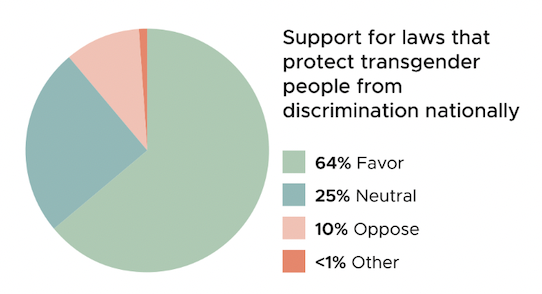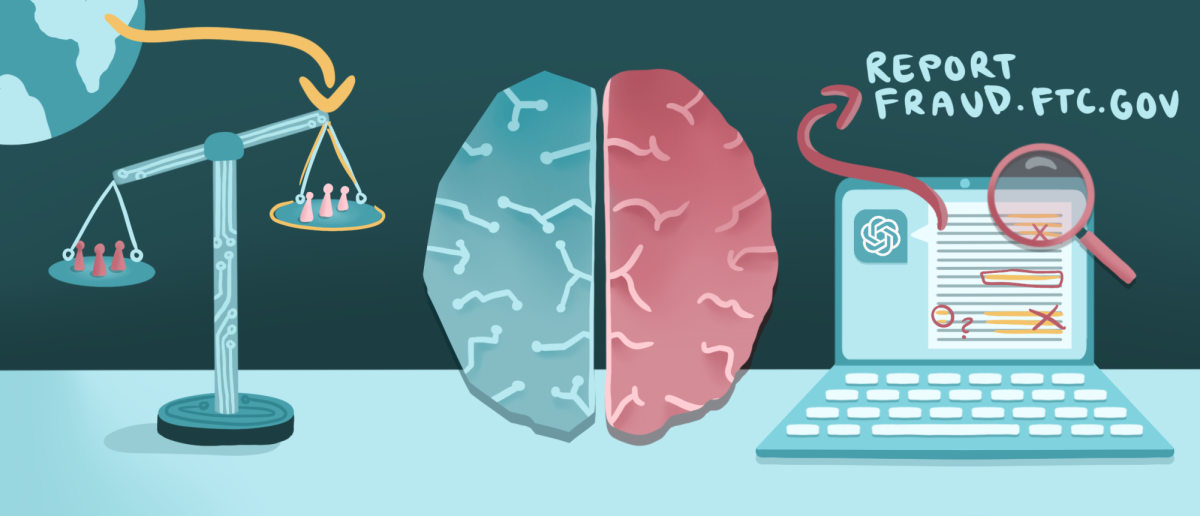School is hard. Bed-rotting is fun. There’s nothing better than spending free time glued to the bed, overloading one’s dopamine receptors with frequent cuts, addicting music and brilliant scenery. Why study when one can mindlessly scroll on TikTok, YouTube Shorts or Instagram Reels and watch the hours go by with humanity’s best friend, the phone? Phones are the modern Thneed: a clock, safety device, navigator, question-answerer, boredom-solver and social connector. It’s hard to imagine life without them. But as students spend more and more hours sucked into the digital candy that phones offer, they disregard the harm that comes with overuse.
On the bus to school, in hallways and in pouches, phones are everywhere, a now inescapable and integral part of life. From early years, students beg their parents for phones in fear of missing out or being ostracized for being without one. According to Gallup News, teenagers spend an average of almost five hours on their phones a day, falling into the phone’s addicting delights. These include checking notifications, playing games and curbing boredom, providing a temporary relief from the real world. The most addicting one of them all, social media, supplied the world with entertainment and the modern Enlightenment, revolutionizing the spread of ideas just as the printing press did. Not only did social media expand worldviews and change minds globally, but it also brought like-minded people together by facilitating the creation of common interest groups, such as fandoms or flashy trends.
But in the randomness of a dopamine-inducing infinite scroll, students can access more than just inspiring and relatable content — they can access the extreme and harmful side too, a two-faced perpetrator of loneliness, stress or underlying mental health issues. According to the National Library of Medicine, social media also promotes obesity, insomnia and sedentary lifestyles, as well as inundating a user with food ads, many of which for nutritionally low, sugary and calorie-dense treats. Phone usage also negatively impacts our ability to recall, retain and learn information. Dare try to take a break from your phone -— and face symptoms like moodiness, irritability or anxiety. If that wasn’t bad enough, excessive usage can additionally lower users’ empathy, life satisfaction and self-esteem.
It’s clear that excessive phone usage causes negative effects on the body and mind. To put it simply, falling into the addictiveness of the phone is not worth the hours the average teen invests into it. The U.S. surgeon general even advised to put warning labels on social media platforms. Phones and their gimmicks are built to be as addicting as possible, making it harder to quit — but that isn’t the only option. Students can actively work towards reducing their phone time by finding productive alternatives to spend their time, restricting phone use and staying present in the moment.









